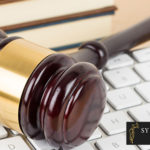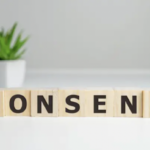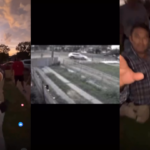Your Rights at the Airport

Airport security screening can be frustrating at times, and you may be subjected to a whole lot more than you would normally encounter on the street.
But that doesn’t mean you have no rights at all when travelling to and from Australia.
This blog covers your rights during some of the more common security procedures at airports.
Screening procedures:
If you are at a screening point and need clearance in order to get on your plane, it is assumed that you consent to each screening procedure.
However, this does not apply in relation to frisk searches, or if you refuse to undergo a screening procedure.
Some people are exempt from screening procedures, including:
- Law enforcement officers (provided they have their identity card),
- Screening officers engaged in managing the screening point,
- A person responding to an emergency situation on the landside of the airport, and
- A member of the defence force who is responding to an event or threat of unlawful interference with aviation.
Frisk searching:
Screening officers are allowed to carry out random frisk searches at international airports. Even airline staff and government officers may be selected, not just passengers.
Before commencing, they are required to ask for your permission. While you can refuse, there’s a catch – you won’t be allowed to board your flight.
A frisk search should take less than half a minute, and must be performed by a person of the same sex. You can also request that the frisk take place in private, where two screening officers will be present. One of the officers will perform the test and the other will act as a witness.
Stop and search powers:
Law enforcement officers may conduct an ordinary search or frisk search if they believe it is “necessary to do so for the purposes of safeguarding against unlawful interference with aviation.”
However, if an officer wants to search you, the must do the following:
- Identify themselves as a law enforcement officer,
- Tell you why you have been stopped, and
- Tell you why they intend to search you.
Hindering or obstructing a law enforcement officer from performing a search is a criminal offence and carries a maximum penalty of two years imprisonment.
A person who refuses to comply with a search, or who us suspected of an offence, may be arrested and detained by airport security staff, but cannot be subjected to more force or indignity than is reasonable and necessary in the circumstances.
Checking your luggage:
Your checked baggage cannot be opened unless security personell have your consent, or have unsuccessfully attempted to find you.
All checked luggage is subjected to screening, and you will be prevented from checking in if you refuse to let staff search through it.
The same rules apply to hand luggage that you intend to physically take on board the airplane.
Don’t joke about bombs!
It is a criminal offence to make a joke about bombs.
Despite this being fairly standard in many countries, there are still some people who are oblivious to the penalties that this behaviour carries.
Regulation 9.01 of the Aviation Transport Security Regulations 2005 prescribes a maximum penalty of $5,500 for range of conduct, including making jokes about explosives and even leaving your luggage unattended.
In most cases, kicking up a fuss if you are unhappy about security procedures will not be in your best interests. You may be refused permission to fly, or even charged with an offence if a law enforcement officer believes that you have caused an unlawful disturbance.
If you have been charged with a criminal offence in relation to airports, it is a good idea to seek the advice and assistance of a specialist criminal lawyer.






